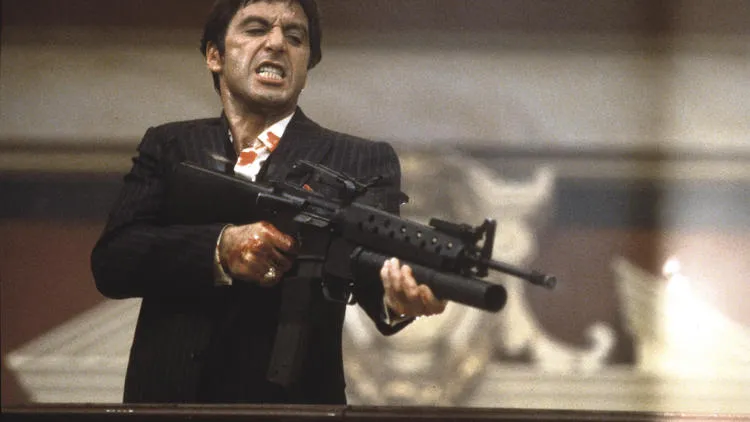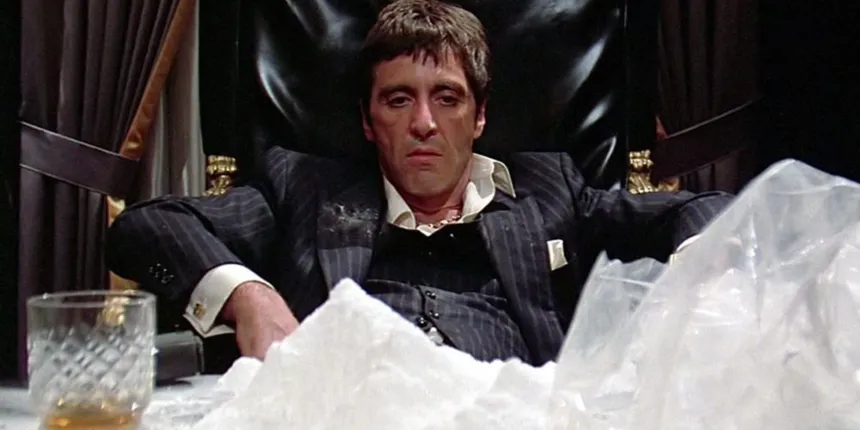Gangster movies have been a staple of cinema for decades, charming audiences with their gritty realism, complex characters, and nail-biting suspense. With the rise of organized crime in the 1930s, the genre gained immense popularity, paving the way for some of the most iconic films in history. From the classic “The Public Enemy” to the recent “City of God”, gangster movies have explored the darker side of human nature, offering a Look into the underground world where crime and violence thrive.
One of the most revolutionary gangster films is “The Godfather” (1972), directed by Francis Ford Coppola, which redefined the genre with its nuanced portrayal of organized crime and its complex characters. The film’s influence can be seen in many films that followed, including “The Godfather Part II” (1974), which further explored the Corleone family’s struggles and power struggles.
Another standout film is “Taxi Driver” (1976), directed by Martin Scorsese, which delves into the mind of a lonely and mentally unstable taxi driver who becomes obsessed with saving a young prostitute. The film’s gritty realism and intense performances make it a must-watch.

A Still From Scarface (1983) (Photo: Scarface (1983))
In the 1980s, the gangster genre saw a resurgence with films like “Scarface” (1983) and “Goodfellas” (1990), which redefined the boundaries of the genre with their intense violence and raw, honest portrayals of organized crime.
The 1990s saw the rise of independent cinema, with films like “Reservoir Dogs” (1992) and “Miller’s Crossing” (1990), which brought a new level of sophistication and complexity to the genre.
In recent years, the gangster genre has continued to evolve, with films like “City of God” (2002) and “Gomorra” (2008), which bring a fresh perspective to the world of organized crime, exploring the dark underbelly of society and the harsh realities of life in the criminal underworld.
Throughout the decades, gangster movies have charmd audiences with their complex characters, gritty realism, and nail-biting suspense, cementing their place as a staple of cinema.
























